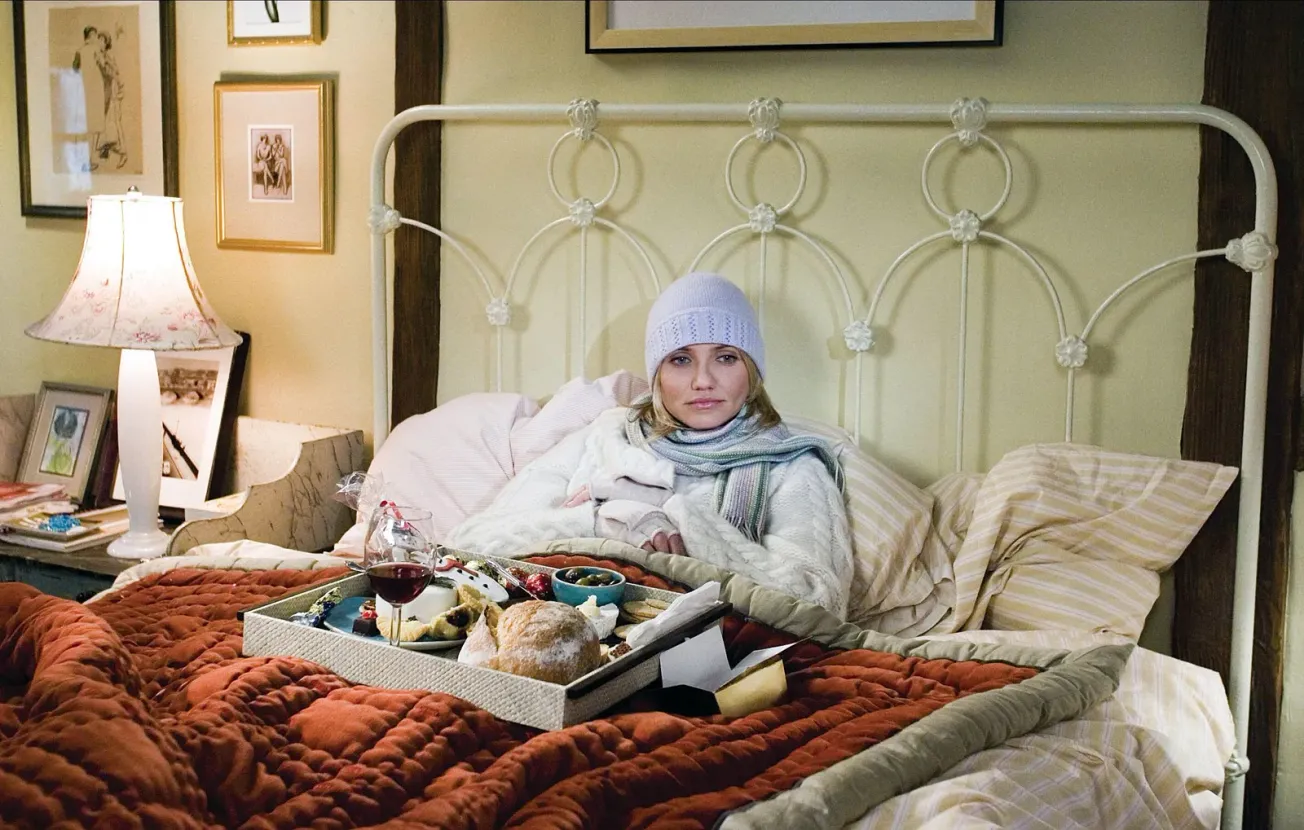by Emelye Goult, First Year, Liberal Arts
The Croft // Through creative exploration of the senses, we can expand our world vision and experience the present in a new and invigorating light. Emelye Goult discusses the 'Collecting Covid' project and how we can apply these techniques to our own lives.
By playing with our senses, we can spice up our daily lives. We can bring an end to the monotony the world is experiencing in lockdown. Become aware of your senses and you can create alternative ways of seeing; hearing; feeling; sensing and tasting the present and the past.
This morning I woke up to the sound of the birds. They were singing (at least I think that's what they were doing), in the trees of the forest where I live. I was overwhelmed by the beauty of such a raw, sweet, yet incomprehensible sound. I lay there for several minutes and contemplated what it would be like to wake up in the city.
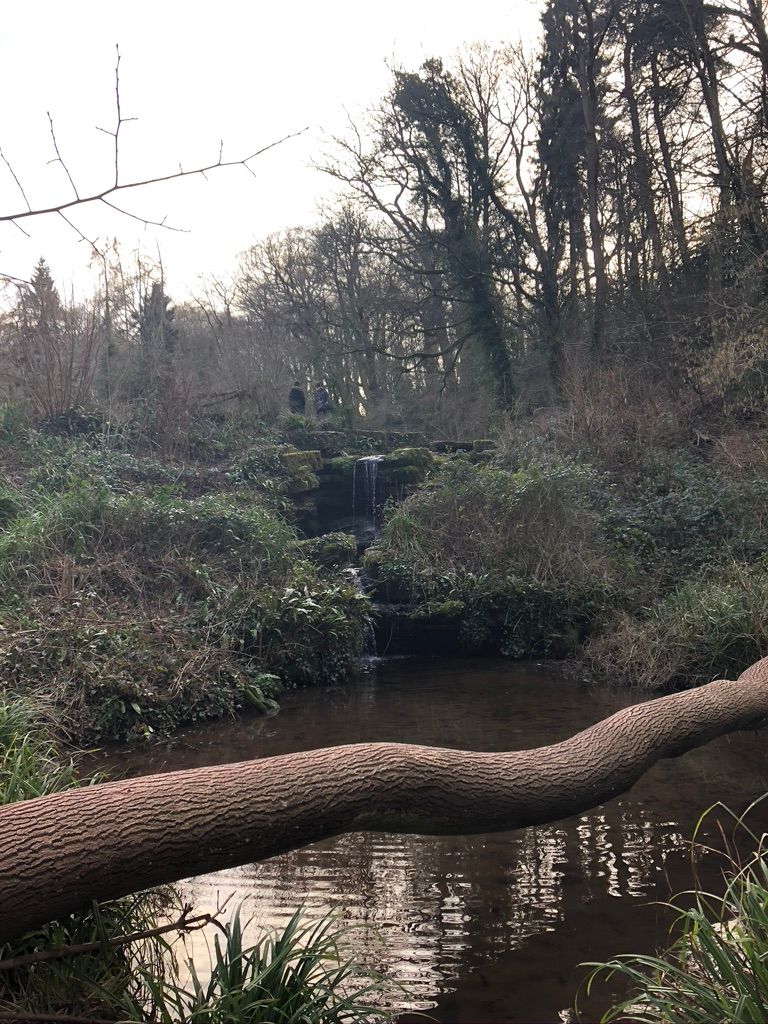
I closed my eyes and my imagination transported me back to London. I tried to verbalise my mental depiction of London on this lockdown morning. The adjectives that came to mind were barren, lonely and sad.
I relied on my vision for this mental exercise. Not my sight, but my imagined sight.
This picture could have been painted by touch, smell, sound or even taste; the eyes were my chosen perceptive tool. In my lived morning, I awoke in the middle of a forest. In my imagined morning, I awoke in the middle of the city. One sensory experience was visual and the other, auditory. They were two very different experiences.
Nothing justifies my surprised reaction to the sound of the birds. They chirp and they tweet every day. I just do not notice it. I choose to ignore them; my sensory focus lying elsewhere.

The relationship that we have with our senses determines our experience on this earth. Western culture has categorised human experience through five separate senses and we do not give equal importance to each one. Our experience is determined by factors embedded in our culture.
David Howes, the director of the Centre for Sensory Studies in Montreal, conceptualises a hierarchy of the senses. He notes that each culture recognises its senses differently. It becomes clear that sensation is not biologically prescribed. In Western societies, we have five specific senses. In other cultures, this may differ. (i) For example, eight separate senses can be identified in Indian classic philosophy. For instance, their 'hands' (work) are a separate sense from their 'skin' (touch). What would happen if we were to separate our own sense of touch into two separate senses?
Surely, our thoughts and experiences would vary from the ones we have today. Howes contends that each culture determines a hierarchy in its specific ‘senses model’. This hierarchy has conditioned us to ‘sense’ in a certain way.
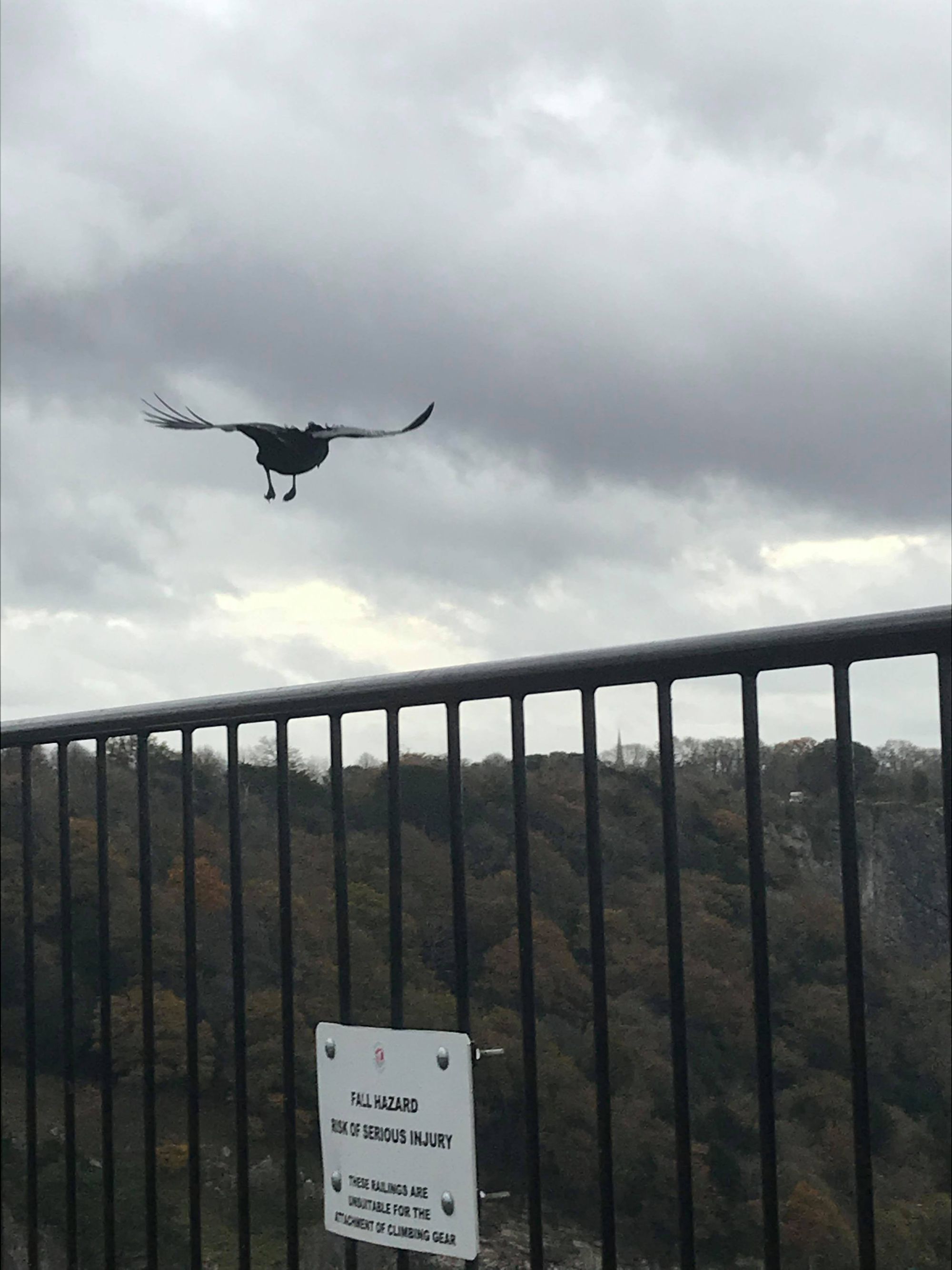
In becoming aware of our separate senses, one can start to categorise them. Each individual may pay particular attention to, or prioritise, a different sense. This will help them to construct their personal ‘hierarchy of senses’.
Our observations and experiences will be more personal. We will even find excitement in situations we would once have found boring. We can expand the potential of our current senses in order to make our lives more interesting. No experience will ever be the same again.
Morning after morning, I wake up and think how my umptieth day in lockdown will be different from the previous day. However, now, I shall experiment with my senses to live a different present. I have found alternative ways to experience my present. If I can do this for the present, can I do the same for the past?
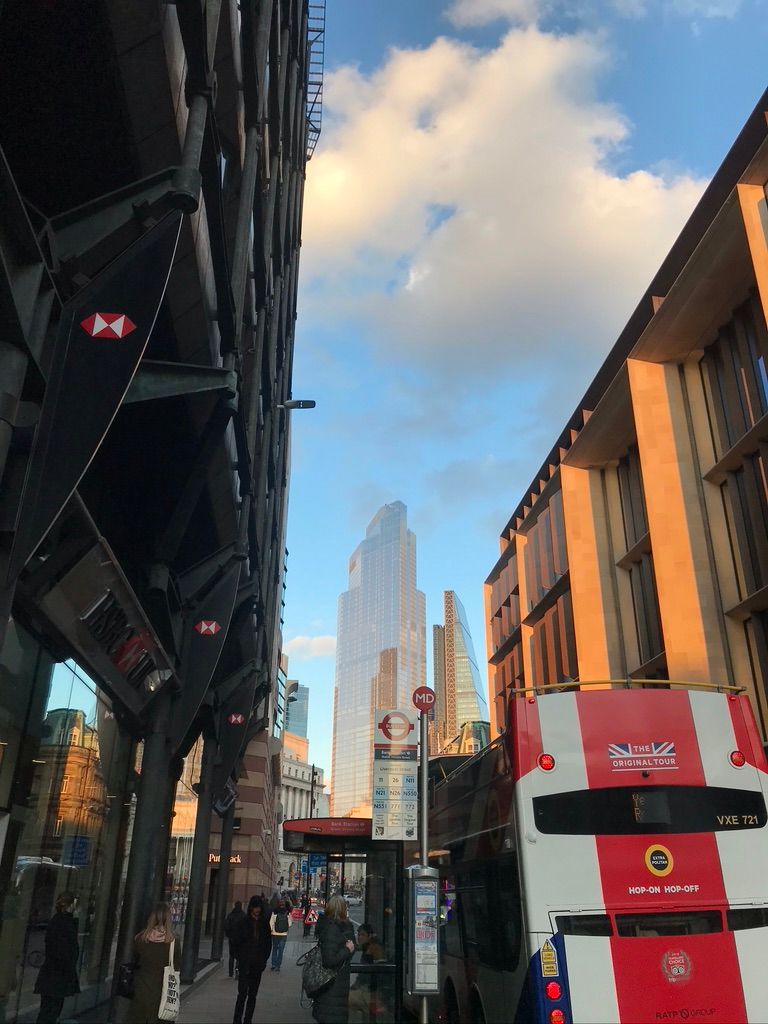
In 1928, a series of recordings were carried out all over London to capture the overwhelmingly loud noises occurring all over the city. The Daily Mail initiated this project to have sensory proof of the noise pollution – believed to be causing mental and physical illness. A hundred years later, the Museum of London ‘Collecting Covid’ project, launched a new series of recordings in the same streets to create a sensory comparison. (ii)
The contrast between the results of the two periods is surprising. In May 2020, it is no longer the sound of the horns and engines which dominate the sound waves. Instead, it is the piercing sounds of the birds which coincide with the sirens of an ambulance. The future generations will be able to experience a health crisis through sound as well as through image.
The recordings that we can listen to today are a way of travelling back into the distant and recent past through our hearing. Up until now, seeing history was my way of delving into the past. The senses can give us a more holistic picture of history. By using different senses, we can explore different things. There are endless alternatives to a sole description of an event. A single, objective vision of history is an impossibility.
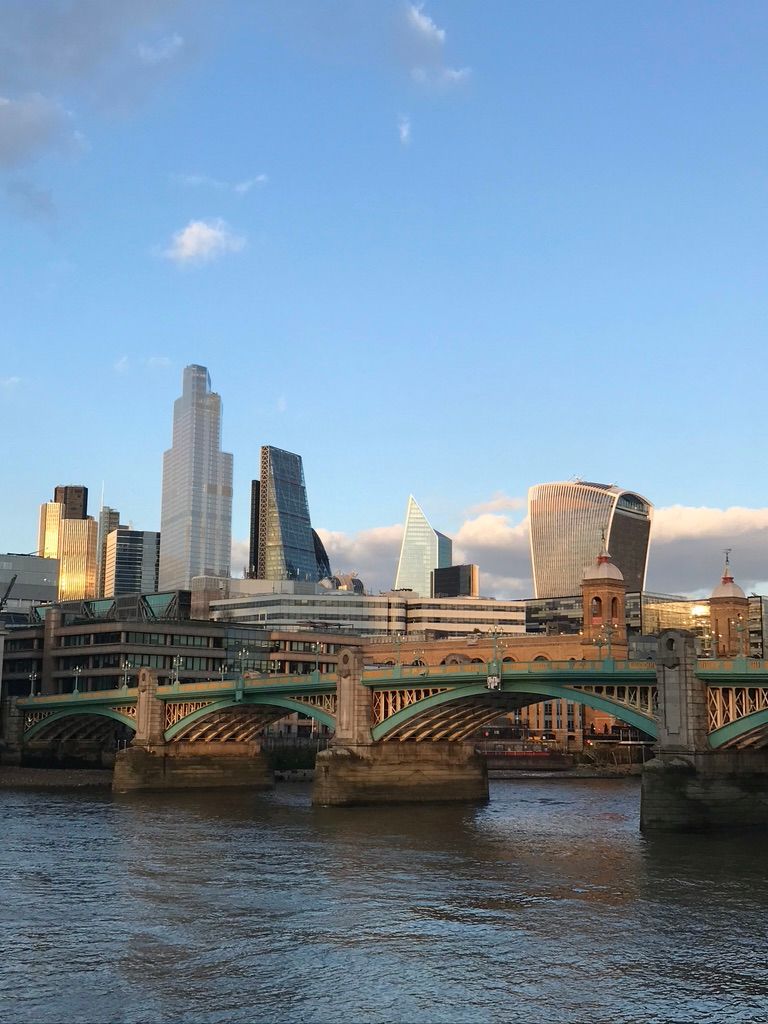
As a result, history is not natural or pre-given. In ‘Manifestos for history’, Joan W. Scott describes history as something that is time-bound. We can use our senses to explore alternative histories. The author defines this revisiting not as the “rewriting of history”, but as a “critique”. (iii)
She refers to Adorno who said, “the importance of critique after all, lay precisely in the power to resist established opinions and to resist existing institution”. (iv) This brings a new political impetus to use our senses differently to discover alternative pasts.
The kindness of strangers: an unexpected encounter
Spending a second birthday in lockdown
The Daily Mail utilised this for the common good when they made their recordings -inciting the government to act upon noise pollution in the city. (v) For us today, these recordings have given history a new depth. The birds I heard from my bed made me realise the importance of my hearing. For future generations, it will be possible to ‘hear’ the global health crisis through the single tweet of a bird in London - an unimaginable event to Londoners of the past.
The experience of hearing London through these recordings made the tired streets of the city come to life for me. We must do the same thing with our current repetitive days. We must use our ‘senses’ to bring ‘sense’ back into our lives.
Notes:
i. Howes, David, ‘The Expanding Field of Sensory Studies’, (August 2013)
ii. Recording London Soundscapes, Past & Present: https://www.museumoflondon.org.uk/discover/recording- london-soundscapes-past-present
iii. Scott, Joan W,. ‘History-Writing as Critique’, in Keith Jenkins, Sue Morgan, and Alun Munslow (eds), Manifestos for History. (London: New York 2007). 19-38
iv. Scott, Joan W,. ‘History-Writing as Critique’, in Keith Jenkins, Sue Morgan, and Alun Munslow (eds), Manifestos for History. (London: New York 2007). p25
v. Recording London Soundscapes, Past & Present: https://www.museumoflondon.org.uk/discover/recording- london-soundscapes-past-present
Featured image: Epigram / Eve Coleman




